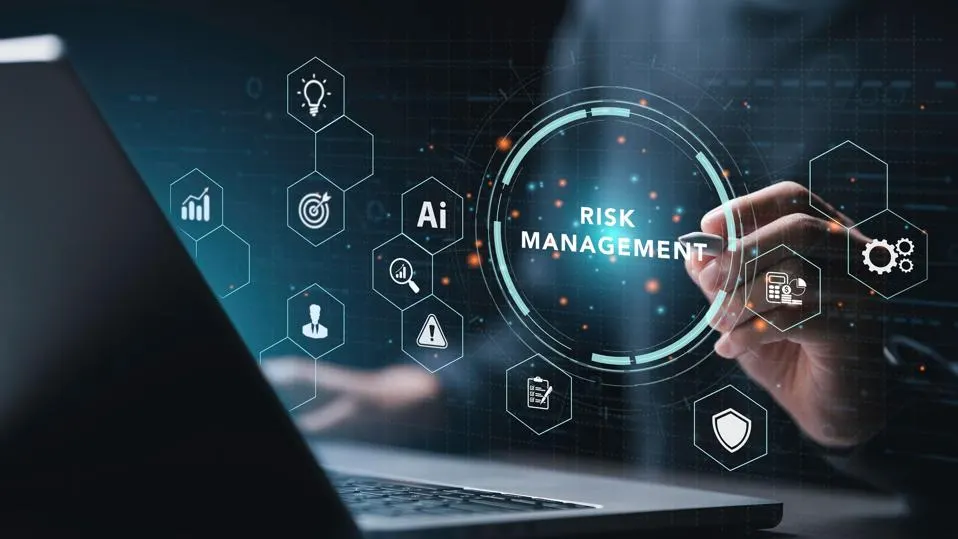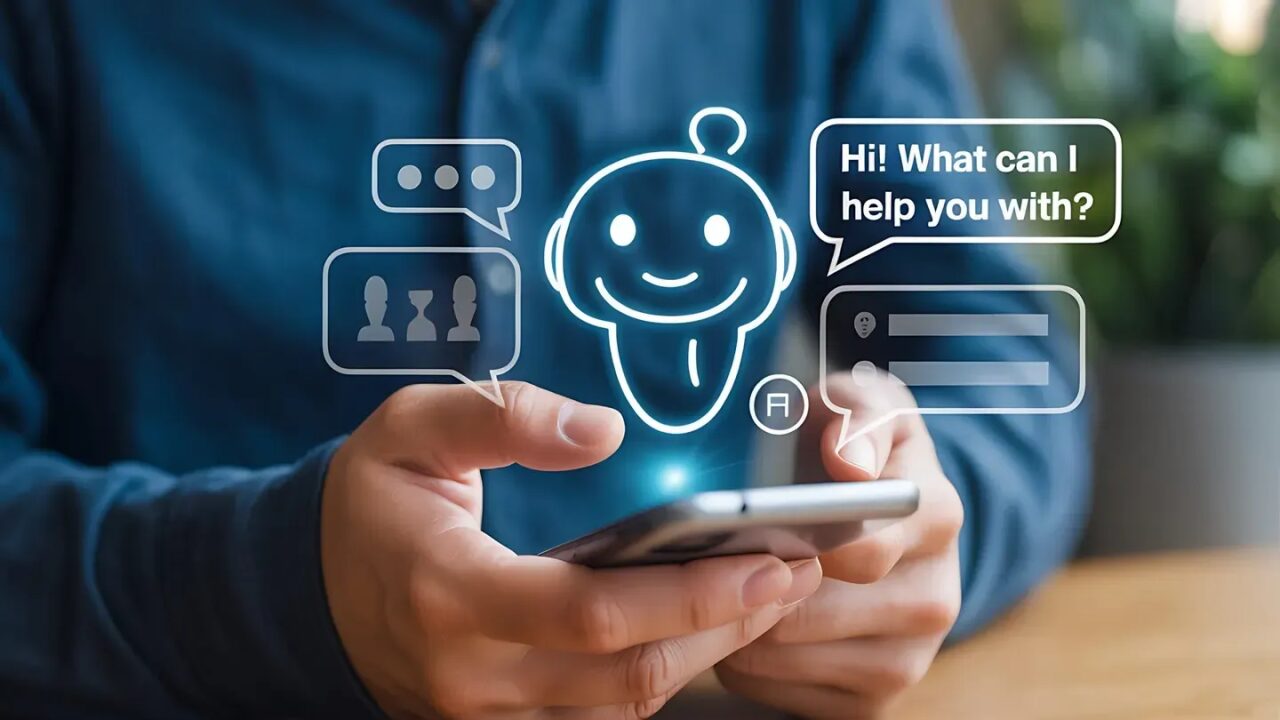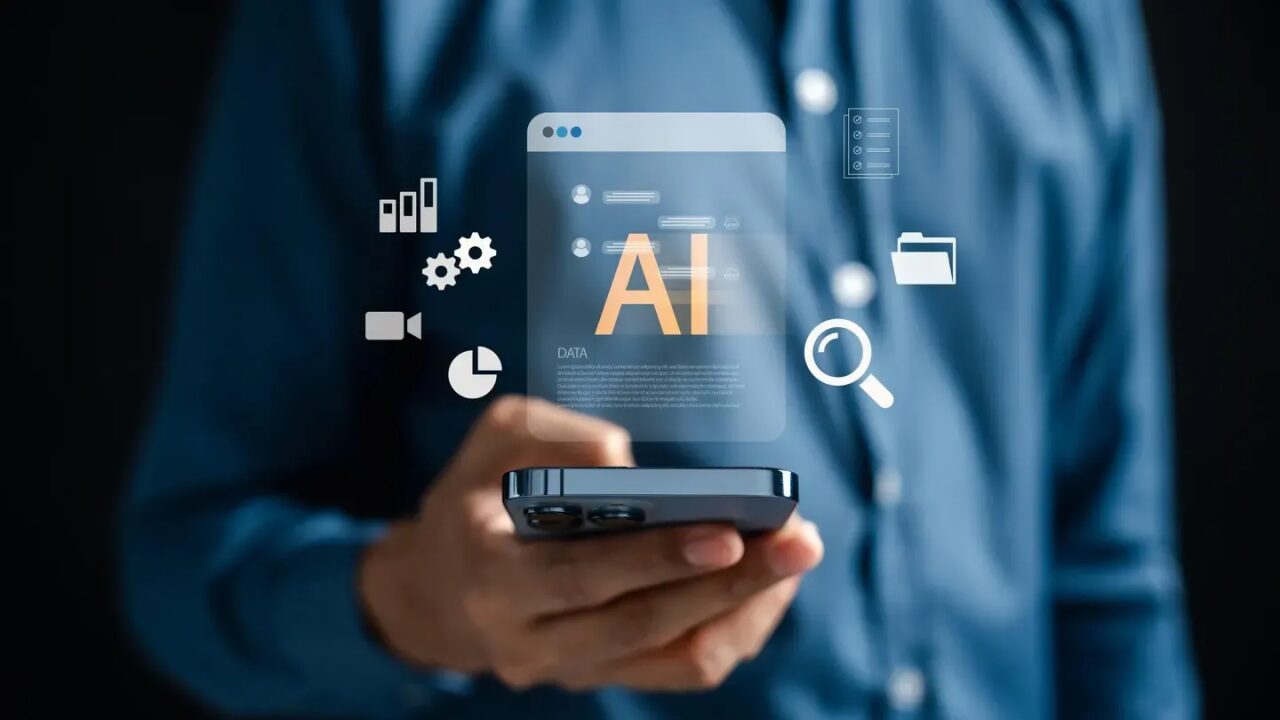Generative AI And Data Protection: What Are The Biggest Risks For Employers?
3 June 2024
If you’re an employer tempted to experiment with generative AI tools like ChatGPT, there are certain data protection pitfalls that you’ll need to consider. With an increase in privacy and data protection legislation in recent years – in the US, Europe and around the world – you can’t simply feed human resources data into a generative AI tool. After all, personnel data is often highly sensitive, including performance data, financial information, and even health data.
Obviously, this is an area where employers should seek proper legal guidance. It’s also a good idea to consult with an AI expert on the ethics of using generative AI (so you’re not just acting within the law but also acting ethically and transparently). But as a starting point, here are two of the main considerations that employers should be aware of.

Feeding Personal Data Into Generative AI Systems
As I’ve said, employee data is often highly sensitive and personal. It’s precisely the kind of data that is, depending on your jurisdiction, typically subject to the highest forms of legal protection.
And this means it’s extremely risky to feed that data into a generative AI tool. Why? Because many generative AI tools use the information given to them for fine-tuning the underlying language model. In other words, it could use the information you feed into it for training purposes – and could potentially disclose that information to other users in the future. So, let’s say you use a generative AI tool to create a report on employee compensation based on internal employee data. That data could potentially be used by the AI tool to generate responses to other users (outside of your organization) in the future. Personal data could, quite easily, be absorbed into the generative AI tool and reused.
This isn’t as underhand as it sounds. Delve into the terms and conditions of many generative AI tools, and they’ll clearly state that data submitted to the AI could be used for training and fine-tuning or disclosed when users ask to see examples of questions previously submitted. Therefore, a first port of call is to always understand exactly what you’re signing up for when you agree to the terms of use.
As a basic protection, I would recommend that any data submitted to a generative AI service should be anonymized and stripped of any personally identifiable data. This is also known as “deidentifying” the data.
Risks Related To Generative AI Outputs
It’s not just about the data you feed into a generative AI system; there are also risks associated with the output or content created by generative AIs. In particular, there’s the risk that output from generative AI tools may be based on personal data that was collected and processed in violation of data protection laws.
As an example, let’s say you ask a generative AI tool to generate a report on typical IT salaries for your local area. There’s a risk that the tool could scrape personal data from the internet – without consent, in violation of data protection laws – and then serve that information up to you. Employers who use any personal data offered up by a generative AI tool could potentially bear some liability for the data protection violation. It’s a legal gray area for now, and most likely, the generative AI provider would bear most or all of the responsibility, but the risk is there.
Cases like this are already emerging. Indeed, one lawsuit has claimed that ChatGPT was trained on “massive amounts of personal data,” including medical records and information about children, collected without consent. You don’t want your organization to get inadvertently wrapped up in a lawsuit like this. Basically, we’re talking about an “inherited” risk of breaching data protection laws. But it’s a risk nonetheless.
In some cases, data that is publicly available on the internet doesn’t qualify as collection of personal data because the data is already out there. However, this varies across jurisdictions, so be aware of the nuances of your jurisdiction. Also, do your due diligence on any generative AI tools that you’re thinking of using. Look at how they collect data and, wherever possible, negotiate a service agreement that reduces your inherited risk. For example, your agreement could include assurances that the generative AI provider complies with data protection laws when collecting and processing personal data.
The Way Forward
It’s vital employers consider the data protection and privacy implications of using generative AI and seek expert advice. But don’t let that put you off using generative AI altogether. Used carefully and within the confines of the law, generative AI can be an incredibly valuable tool for employers.
It’s also worth noting that new tools are being developed that take data privacy into account. One example comes from Harvard, which has developed an AI sandbox tool that enables users to harness certain large language models, including GPT-4, without giving away their data. Prompts and data entered by the user are only viewable to that individual, and cannot be used to train the models. Elsewhere, organizations are creating their own proprietary versions of tools like ChatGPT that do not share data outside of the organization.
Related Articles
7 Legal Tech Trends That Will Reshape Every Business in 2026
By now, “smart” versions exist of just about every home appliance, gadget and gizmos we can think of. However, manufacturers continue[...]
8 Skills You Need To Manage The New AI Agent Workforce
By now, “smart” versions exist of just about every home appliance, gadget and gizmos we can think of. However, manufacturers continue[...]
Should AI Have Free Speech?
By now, “smart” versions exist of just about every home appliance, gadget and gizmos we can think of. However, manufacturers continue[...]
5 Amazing AI Agent Use Cases That Will Transform Any Business In 2026
By now, “smart” versions exist of just about every home appliance, gadget and gizmos we can think of. However, manufacturers continue[...]
8 Smartphone Trends That Will Shape 2026
By now, “smart” versions exist of just about every home appliance, gadget and gizmos we can think of. However, manufacturers continue[...]
7 Media Trends That Will Redefine Entertainment In 2026
By now, “smart” versions exist of just about every home appliance, gadget and gizmos we can think of. However, manufacturers continue[...]
Sign up to Stay in Touch!
Bernard Marr is a world-renowned futurist, influencer and thought leader in the fields of business and technology, with a passion for using technology for the good of humanity.
He is a best-selling author of over 20 books, writes a regular column for Forbes and advises and coaches many of the world’s best-known organisations.
He has a combined following of 4 million people across his social media channels and newsletters and was ranked by LinkedIn as one of the top 5 business influencers in the world.
Bernard’s latest book is ‘Generative AI in Practice’.










Social Media